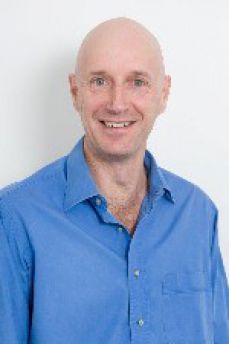Peter Cook

dates de séjour
Fonction d’origine
Institution d’origine
pays d'origine
projet de recherche
Groundwater-surface water interactions - the invisible and forgotten part of nutrient cycles ?
The objective of this IMERA residence by the world-leading groundwater scientist Prof Peter Cook is to (a) contribute to building critical mass in water science at AMU and Labex OTmed, (b) promote the consideration and incorporation of groundwater-surface water interaction processes in regional modelling and management strategies.
The long-term objective of this interdisciplinary research is to improve the understanding of the direct and indirect impacts of human activities affecting groundwater resources on the ecological functioning of aquatic and coastal water bodies, from which significant ecosystem services are derived by humans. These ecosystems experience significant pressure from human activities, and respond drastically to direct and indirect human disturbance and to climatic-hydrologic variability. The results of this project will provide an improved understanding of key hydrological drivers of the functioning and vulnerability of aquatic and coastal ecosystems, and improve our capacity to sustainably manage hydrological and ecological resources in the Mediterranean region in the future.
biographie
Peter Cook is Professor of Hydrogeology at Flinders University. Between 2009 and 2014 he was Deputy Director of the National Centre for Groundwater Research and Training (NCGRT), and the Program Leader for the Surface Water - Groundwater Interaction program within the NCGRT. One of Australia's foremost groundwater scientists, Professor Cook has more than 20 years experience in groundwater research, spanning the fields of groundwater hydrology, ecohydrology, isotope hydrology, unsaturated zone flow process, and surface water – groundwater interaction. He has co-written books on environmental tracers and ecohydrology. He was the National Ground Water Association’s Henry Darcy Dinstinguished Lecturer in Ground Water Science in 2009, the only time this honour has been awarded to a scientist from outside North America.


